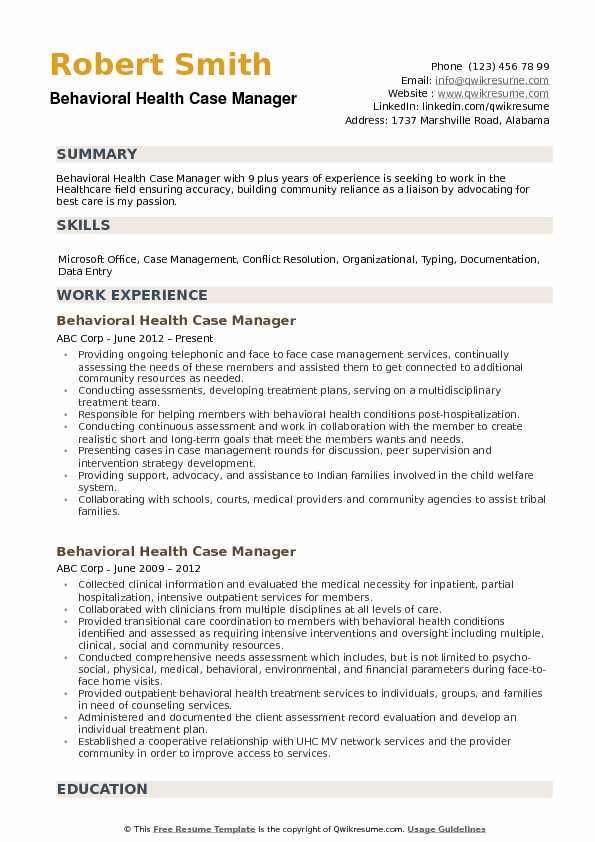Attempt setting limits on when you give up utilizing your gadgets before bed. Speak to a mental health expert if you think that your sleep issues may be caused by or contributing to a mental health condition. Anxiety, anxiety, and other psychiatric disorders can disrupt sleepbut addressing your sleep problems might likewise have a positive effect on your psychological symptoms.
The unfavorable results of poor sleep are well-documented, consisting of the profound effect on psychological health and emotional wellness. Poor sleep may frequently be a symptom or effect of an existing psychological condition, but sleep issues are likewise thought to trigger or contribute to the onset of various mental illness consisting of depression and anxiety.
Making lifestyle changes that promote great sleep can help, but speak to your doctor if your sleep issues continue. An underlying sleep condition or a medical condition may be playing a role in your sleep problems.
Sleep deprivation has many negative short-term effects. It often makes us irritable and less productive the next day. It weakens concentration and slows our response time. We typically feel it when we didn't get enough sleep and require to capture up the following night. But chronic sleep deprivation has long-lasting impacts that might be much more considerable.
Everything about How Can Lack Of Sleep Affect Your Mental Health
The medical neighborhood has actually long wrestled with the chicken-or-the-egg relationship between sleep loss and mental health. After all, there's a vicious cycle at work. When we're distressed, for instance, it's harder to get quality sleep, which then only increases our level of stress and anxiety. And the overlap between bad sleep routines and psychological distress is so prevalent, it can be challenging to unpack which leads to which.

population. The relationship between sleeping disorders and mental disorder is often referred to as "bidirectional." Sleep problems and mental illness likewise worsen each other, developing circumstances where it's significantly difficult to treat both. While causation is typically challenging to understand with mental health issue, a growing body of research study shows that sleep deprivation is a strong predictor of mood disorders.
Professionals have found that in sleep-deprived clients, the amygdala, a part of the brain that processes emotion, becomes "rewired" in a manner that reduces our logical response to external occasions. These individuals have big emotional swings, going from distressed to giddy in minutes. Sleep deprivation can even develop symptoms comparable to those of schizophrenia.

In a number of research studies, insomnia represented a "significant threat" for the advancement of depressive disorders. Encouragingly, detectives have actually discovered that individuals with anxiety who improve their sleep experience a much faster action from antidepressants. Specialists have actually found that cognitive behavior modification designed to deal with sleeping disorders has the impact of reducing anxiety signs.
Indicators on How Does Abortion Affect Mental Health You Need To Know
However for many individuals, countering sleep deprivation is just a matter of devoting to enhanced sleep health. Taking sleep seriously and making a few modifications to your nighttime routine is frequently sufficient to return on track. And returning to adequate sleep is a preventive tool versus anxiety and other mental health concerns.
Keep your bedroom dark and not utilizing electronics as soon as there; the light emitted by screens confuses your body's biological rhythm. Exercise routine physical activity has numerous health benefits, consisting of the assistance of sleep patterns. Avoid alcohol, caffeine, and nicotine in the hours before bed whenever possible. Get natural light throughout the day, specifically in the early morning.
Gradually, it can result in mental health concerns and other medical issues. Dealing with chronic sleeplessness before it begins to affect your life is a major piece of excellent preventive self-care.
Not getting sufficient sleep skews our capability to regulate our emotions. how does menopause affect your mental health. In the long run, this can increase our risk of developing a psychological health condition. In turn, conditions such as anxiety and depression may trigger more sleep interruption. Luckily, there are proven ways to enhance sleep quality and break out of this vicious circle.
See This Report about Why May Dehydration Affect One's Cognitive Ability/ability To Process Mental Tasks?
More than 400 years earlier, William Shakespeare explained the present of sleep and the distress of insomnia:O Mental Health Facility sleep! O gentle sleep! Nature's soft nurse, how have I frighted thee, That thou say goodbye to wilt weigh my eyelids down And high my senses in lapse of memory? Henry IV, Part 2Shakespeare's description of sleep as "nature's soft nurse" was closer to the truth than he might have understood.
Getting a good night's rest even underpins our ability to view the world accurately. Research recommends that going totally without sleep for 3 or more nights in a row results in perceptual distortions, hallucinations, and deceptions. The most recent discoveries about the significance of sleep https://elvina6glw.doodlekit.com/blog/entry/12573084/the-of-how-does-sleep-affect-a-persons-mental-and-physical-health for physical and psychological wellness come at a time when innovation is putting pressure on sleep time as never in the past.
The CDC advise that grownups get in between 7 and 9 hours of sleep a day, with the specific recommendation differing by age. Nevertheless, according to the 2012 National Health Interview Study, almost one-third (29%) of grownups in the United States sleep for less than 6 hours each night. Poor sleep is a recognized danger aspect for the development of a variety of mental health concerns (how can homelessness affect mental health).
In 2020, a research study released in JAMA Psychiatry recognized an association in between sleep issues in early childhood and the advancement of psychosis and borderline character condition in teenage years. Along with increasing the risk of developing mental illness, sleep disruptions are likewise a common function of most psychological health problems, consisting of stress and anxiety, depression, bipolar condition, and schizophrenia.
The Main Principles Of How Does Poverty Affect Mental Health
Daniel Freeman, a psychiatrist, and his colleagues at the University of Oxford in the UK think that the two-way relationship between sleep issues and bad psychological health can result in a down spiral. Composing in The Lancet Psychiatry, they say that medical professionals can be sluggish to attend to these concerns in individuals with mental illness:" The traditional view is that interfered with sleep is a symptom, consequence, or nonspecific epiphenomenon of [psychological ill health]; the scientific outcome is that the treatment of sleep problems is offered a low concern.
An escalating cycle then emerges between the distress of the psychological health signs, effect on daytime performance, and struggles in gaining corrective sleep." A form of cognitive behavioral treatment for treating insomnia (CBT-I) has actually shown its worth as a way to tackle this cycle of sleep issues and mental health conditions.
Freeman and his coworkers randomly appointed 3,755 trainees with sleeping disorders from 26 universities in the U.K. to receive either CBT-I or typical care, they found that the treatment was related to substantial improvements. Trainees who got CBT-I not only slept better, but they likewise experienced less fear and had less hallucinations.
The treatment involves educating individuals about sleep and intends to change their sleep-related behaviors and thought procedures. Mental Health Doctor People discover good sleep hygiene, which includes practices such as restricting daytime naps, preventing alcohol, nicotine, and caffeine at night, and refraining from utilizing digital gadgets at bedtime. The behavioral methods include: Minimizing the time the person invests in bed to match more closely the quantity of sleep they require.